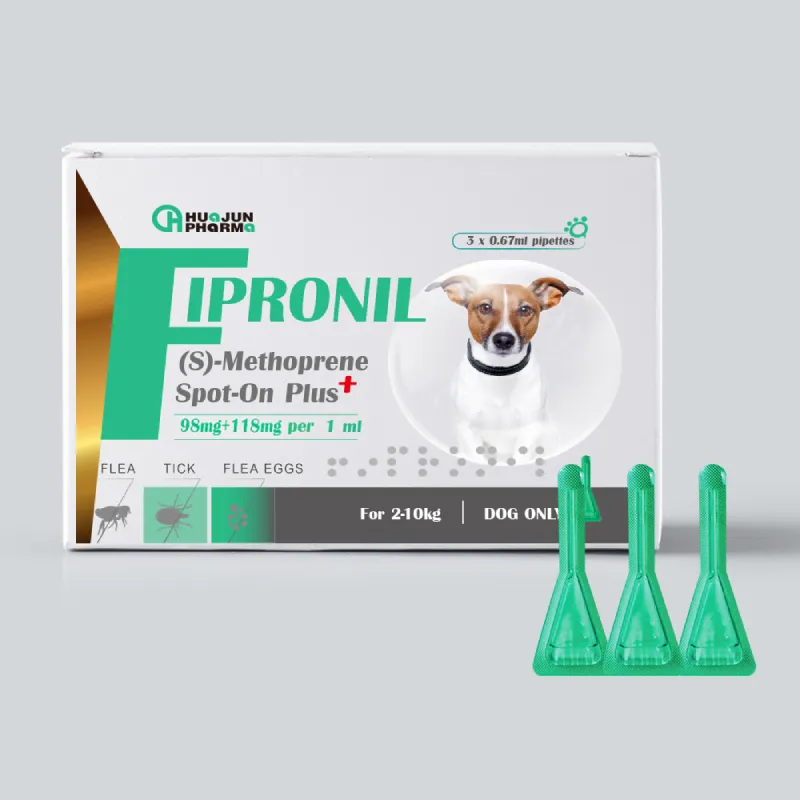
ديسمبر . 04, 2024 16:03 Back to list
Custom Poultry Management Strategies for Preventing Necrotic Enteritis in Chickens
Understanding Custom Poultry Necrotic Enteritis
Necrotic enteritis (NE) is an alarming and significant disease affecting poultry globally. This condition, primarily seen in broiler chickens, is caused by the proliferation of certain strains of *Clostridium perfringens*, a bacterium that thrives in the intestines of birds. The disease is characterized by the sudden onset of severe gastrointestinal distress, resulting in high mortality rates and substantial economic losses for farmers. In this article, we will delve into the causes, symptoms, management, and preventive measures associated with custom poultry necrotic enteritis.
Causes of Necrotic Enteritis
The development of necrotic enteritis is intricately linked to several factors, including diet, stress levels, and environmental conditions. - Diet plays a crucial role; high levels of proteins, especially from animal by-products, can create an optimal environment for *C. perfringens* to thrive. - Additionally, improper feed management, coupled with sudden feed changes, can disrupt gut microbiota balance, allowing pathogenic bacteria to flourish. - Stressors like overcrowding, poor ventilation, and extreme weather conditions can compromise the immune system of birds, making them more susceptible to infections.
The presence of other diseases, such as coccidiosis, can also predispose birds to necrotic enteritis by damaging the intestinal lining and facilitating the entry of the bacteria.
Symptoms of Necrotic Enteritis
Poultry afflicted with necrotic enteritis may display a range of symptoms that can often be mistaken for other conditions. Common signs include - Sudden drop in feed intake - Lethargy and decreased activity levels - Diarrhea, which may be watery or bloody - Foul-smelling feces, indicative of bacterial infection - Sudden mortality in flocks, often without prior signs of illness
custom poultry necrotic enteritis

Upon closer examination, veterinarians may observe necrotic lesions in the intestines during necropsy, which is a definitive indicator of necrotic enteritis.
Management of Necrotic Enteritis
Effective management of necrotic enteritis involves a multi-faceted approach focusing on both treatment and prevention. 1. Treatment Upon diagnosing necrotic enteritis, prompt treatment is essential. Broad-spectrum antibiotics, such as Bacitracin or Tylosin, are commonly used to combat the pathogenic bacteria. However, it is crucial to administer these medications under veterinary supervision to avoid resistance and ensure effectiveness. 2. Supportive Care Providing hydration and electrolyte solutions can support recovery, especially in severely affected birds. Nutritional adjustments, including the inclusion of probiotics, can help restore gut health and mitigate the disease's impact.
3. Environmental Management Improving housing conditions is fundamental. Ensuring adequate space per bird, proper ventilation, and good litter management can reduce stress and enhance overall bird health.
Prevention Strategies
Prevention remains the most efficient strategy against necrotic enteritis. Here are some key preventive measures - Optimizing Nutrition Formulating diets with balanced protein levels and including pre- and probiotics can help maintain a healthy gut microbiome. - Biosecurity Practices Employing strict biosecurity measures can limit the introduction and spread of pathogens. This includes controlling traffic on poultry farms and ensuring sanitation protocols are followed. - Regular Monitoring Implement regular health checks and microbiological assays to detect early signs of infections, allowing for quicker intervention.
In conclusion, necrotic enteritis presents a significant challenge for poultry producers worldwide. An understanding of its causes, symptoms, and management provides essential insights into controlling this devastating disease. Through improved dietary strategies, rigorous management practices, and vigilant monitoring, poultry farmers can protect their flocks, ensuring both animal welfare and economic viability in their operations. The ongoing research into understanding *Clostridium perfringens* and its behavior will continue to play a crucial role in the advancement of poultry health. By adopting a proactive approach, the poultry industry can strive towards minimizing the impacts of necrotic enteritis, ultimately supporting sustainable farming practices for the future.
-
High-Quality Porcine Toxoplasmosis Solutions - Trusted Manufacturers & Suppliers
NewsJul.05,2025
-
Premium Immune Enhancement Products Trusted Manufacturer & Supplier Factory Solutions
NewsJul.04,2025
-
Top Hemoglobinuria Manufacturer & Supplier Reliable Hemoglobinuria Factory Solutions
NewsJun.24,2025
-
Premium Honeysuckle Products - Leading Honeysuckle Manufacturer & Supplier Factory
NewsJun.10,2025
-
Pulmonary Edema Solutions from Leading Manufacturer & Supplier Reliable Factory Price
NewsJun.10,2025
-
Red Eyes - Leading Red Eyes Manufacturer & Supplier, Premium Quality Factory Price
NewsJun.10,2025




